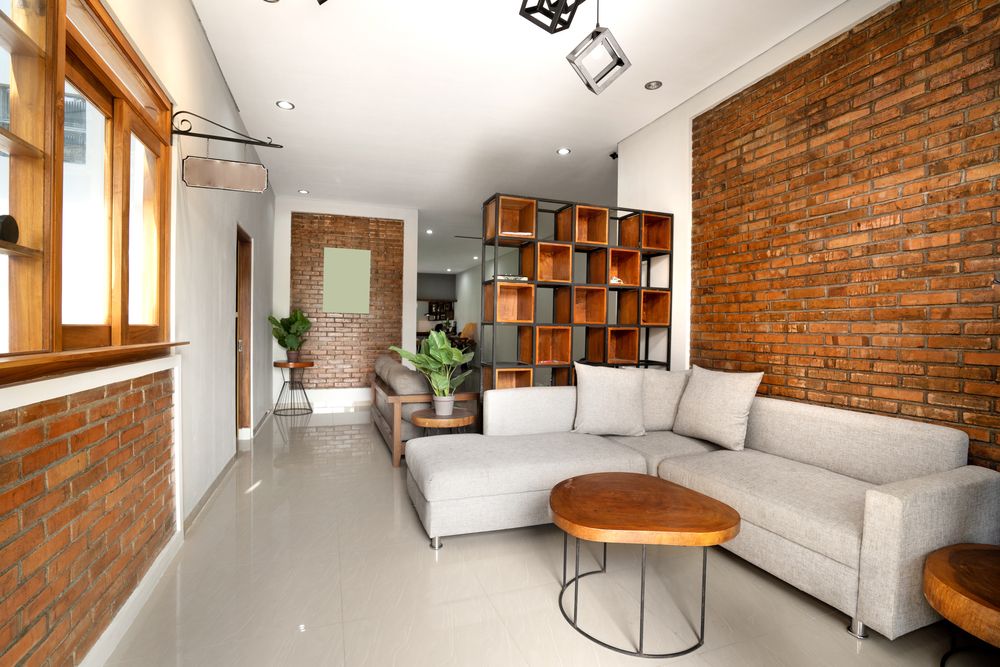Home decor is a transformative practice that goes beyond mere aesthetics; it is about creating a living environment that reflects personal taste, enhances comfort, and improves functionality. The art of decorating a home involves a thoughtful blend of color, texture, furniture, and personal touches. It is an expression of individuality, where each element contributes to the overall harmony and feel of the space. By understanding the fundamental principles of home decor, anyone can turn their living spaces into sanctuaries of beauty and comfort.
The first step in effective home decor is understanding the purpose and flow of each room. Each space in a home has a distinct function, and the decor should align with this function to maximize usability and comfort. For example, the living room is typically the heart of social interactions and should be warm and inviting. Comfortable seating, appropriate lighting, and a balanced color scheme can create an environment conducive to relaxation and conversation. In contrast, a home office should promote productivity and focus, which can be achieved with functional furniture, organized storage, and sufficient lighting. By tailoring the decor to suit the specific needs of each room, homeowners can create spaces that are both practical and aesthetically pleasing.
Color plays a crucial role in setting the mood and atmosphere of a room. Different colors evoke different emotions and can dramatically influence how a space feels. Light, neutral tones such as whites, beiges, and pastels can make a room feel larger and more open, perfect for smaller spaces or rooms with limited natural light. Darker shades like navy, charcoal, and forest green can add a sense of coziness and intimacy, ideal for bedrooms and lounges. Strategic use of color can also create focal points and add depth to a room. For instance, an accent wall or colorful decor pieces can draw attention and add visual interest without overwhelming the space.

Texture and pattern are essential elements in home living that add depth and character to a room. Mixing different textures—like smooth metals, rough woods, soft textiles, and glossy ceramics—can create a rich, layered look. For example, a living room might feature a plush velvet sofa, a wooden coffee table, metallic lamps, and a woven rug, each adding a unique texture that enhances the overall decor. Patterns, whether on wallpapers, cushions, or rugs, bring energy and personality to a space. However, balancing patterns is key to avoiding a chaotic appearance. Combining patterns with similar color schemes or varying scales can create a harmonious and dynamic look.
Personal touches are what make a house truly feel like a home. Incorporating elements that reflect personal history and interests can infuse a space with warmth and individuality. Family photos, heirlooms, and artwork can tell a story and make a home feel lived in and loved. Items collected from travels or special experiences can add a unique, eclectic touch, making the decor more meaningful and distinctive. Additionally, plants and flowers can bring a sense of nature indoors, enhancing the ambiance with their beauty and freshness. These personal elements ensure that the home is not only stylish but also emotionally resonant and comforting.
In conclusion, home decor is a multifaceted endeavor that combines practicality, aesthetics, and personal expression. By considering the purpose of each room, choosing appropriate colors, incorporating diverse textures and patterns, and adding personal touches, homeowners can create spaces that are both beautiful and functional. The ultimate goal of home decor is to craft an environment that reflects individual tastes while promoting comfort and well-being. Whether undertaking a complete redesign or making small adjustments, thoughtful decor choices can transform any house into a warm, inviting home.
